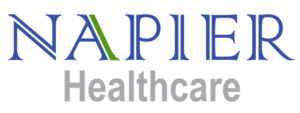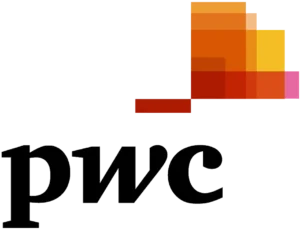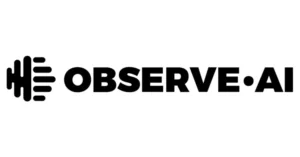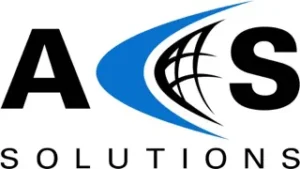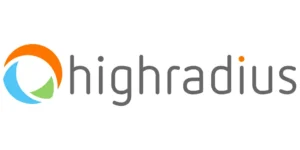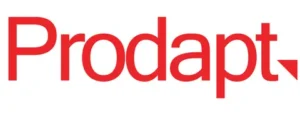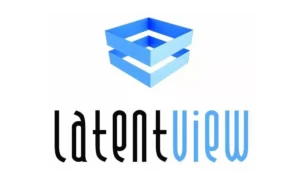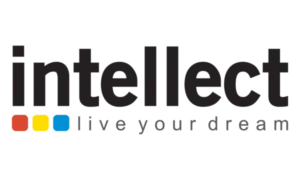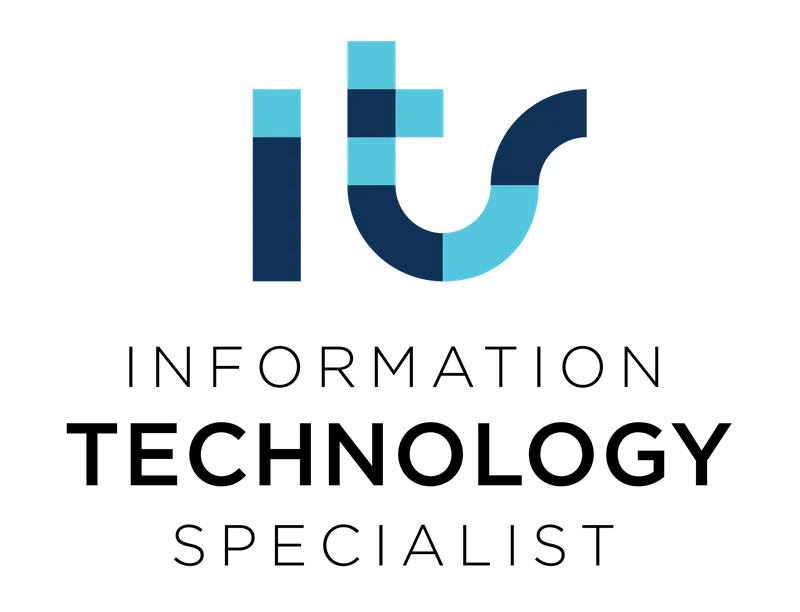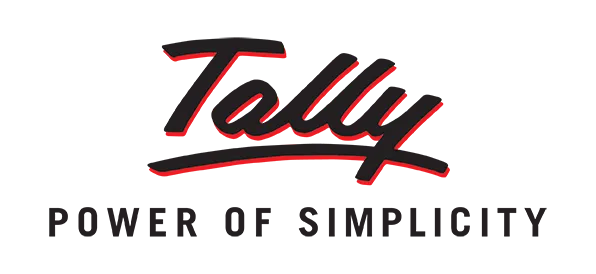Our Software Testing and Quality Assurance Training Training will make students learn some of the most in-demand concepts in Software Testing and Quality Assurance Training such as – Introduction about Java and Collection, Array, Control Statement, OOPs, OOPs Principles, POJO, Strings, Exception Handling, MySQL Database Testing etc. This curriculum will surely make students experts in the concept of Software Testing and Quality Assurance Training in a shorter span of time. Our Software Testing and Quality Assurance Training Course with 100% placement support is curated with the help of leading experts from the IT industry, which makes our Software Testing and Quality Assurance Training Course up-to-date in accordance with the latest trends.
Our SLA Institute is guaranteed to place you in a high-paying Software Tester and other Software Testing and Quality Assurance Training related jobs with help of our experienced placement officers. SLA Institute’s Course Syllabus for Software Testing and Quality Assurance Training covers all topics that are guaranteed to give you a complete understanding of the Software Testing and Quality Assurance Training Course.

